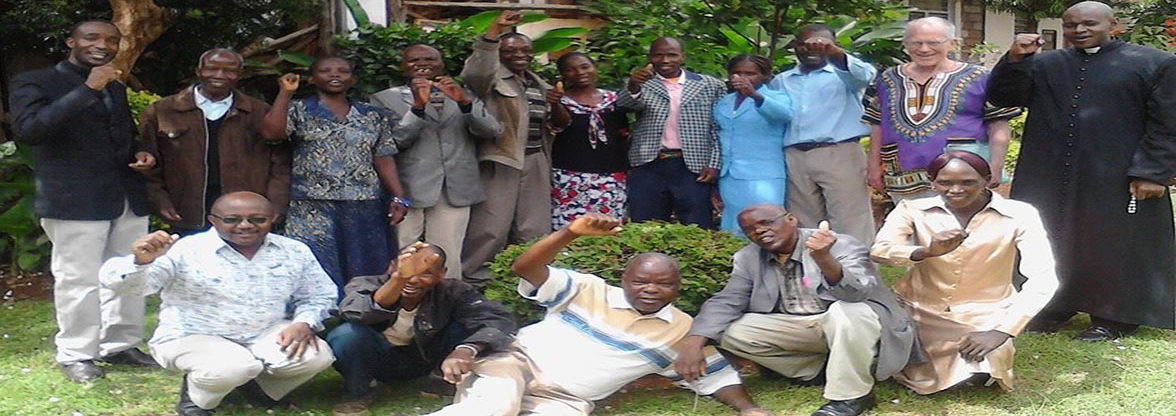Friends,
We stand in openness to God always. The understanding of openness to God has made humanity find ways of letting Him be closer to us. Therefore, we develop rites of purification to stand before the Holy One. However, our purity is not brought by the human rituals and traditions but by finding joy in doing God’s will. In today’s Gospel, Jesus replaces worship centered on human morals and the empty practices with his faithful joy of doing God’s will. He joyfully became a Word-made flesh, and by doing that, he brought our hearts closer to God. Therefore, we can have friendship with God.
In the first reading, Israel must be proud in knowing and doing God’s will and thus, becoming wise. The word of God reveals to us what is essential to living God’s will. In His will is our purification, our closeness with Him. Do you find a sense of joy in doing God’s will?
The letter of St. James in the second reading explains what it means to do God’s will. St. James emphasizes living our faith actively by turning outwardly to God and others. Inward turning is the opposite of active faith. Active faith consists in joyfully loving God and our neighbors, particularly the orphans and widows. In this is our friendship with God grows and develops. Thus, purity means penetrating the deepest needs of our brothers and sisters and making the choices of Christ in solidarity with them. To become pure is to introduce others especially, the neediest, to the same friendship we have with the Lord. And the ideals of such a relationship with God are sung by the Psalmist in today’s psalm.
This week, let us spend more time reflecting on how our lives can mirror what the Psalmist speaks of in today’s psalm. In doing so, and by living those ideals, we shall draw ever closer to God’s presence.
Joy and peace.








